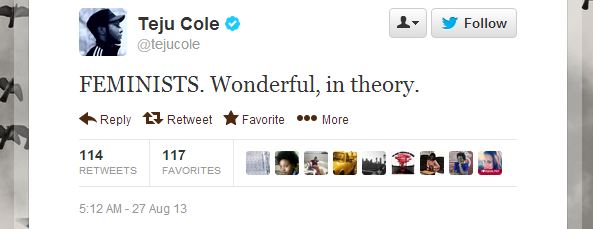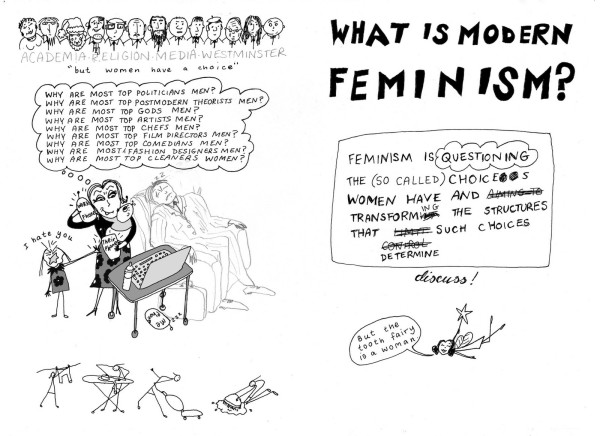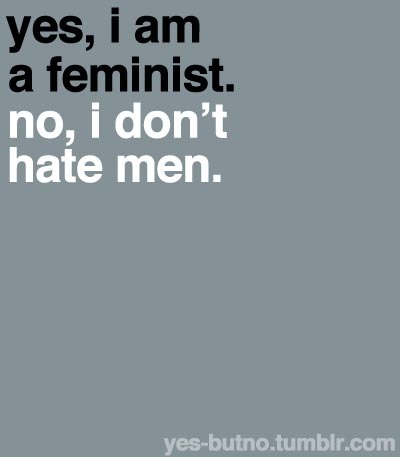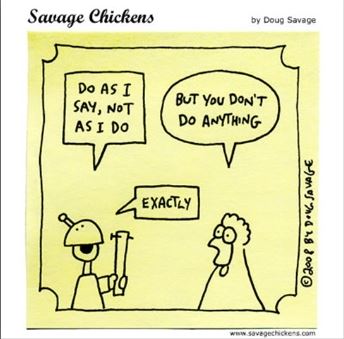In an agency, there are about three million fancy job titles. Most of these titles don’t actually mean anything, and among agency employees, the titles are divided into three broad categories – Creative, Client Service, and Admin. The department I fall under is Creative, and my official title is Copywriter.
I read an article about the contradictory characteristics of creative people. I also saw a tweet that claimed the current fad on social media is to call yourself a ‘creative’, because ‘all the cool kids these days work at agencies.’ So it gets a little awkward for someone like me, who actually does work in the creative department of an ad agency. When someone asks what I do for a living, I usually just go with ‘writer’ and focus on my freelance work. It’s easier than getting the derision, knowing glances, and veiled envy reserved for ‘creatives’.
Thing is … the more I read and hear about creatives, the more I worry that I might not actually be one. People call me ‘creative’ all the time, but that’s just because I wear jeans to work, write for six different blogs, and have purple strands in my hair. I think the word they’re really going for is ‘eccentric’, ‘strange’, or even ‘weird’.
My family calls me ‘creative’ because I worked from home for a year and just barely managed to pay my bills. They’re from the conservative office culture, so this ‘freelancing thing’ (and the single mom thing, and the rock music thing, and the goth tattoos thing, and the making money online thing) makes me some sort of alien.
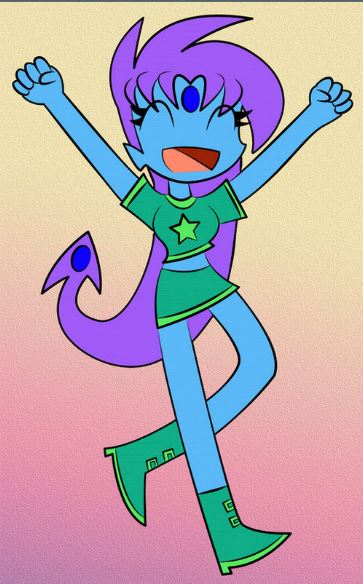
Back to social media, ‘creative’ is the new ‘hustler’. I read that on a tweet too. It’s a vague, generic term that covers writers, designers, DJs, events people, art directors, dancers, stage poets, musicians, sketch artists, emcees, random agency personnel, anything really. And it sounds a lot more professional than saying you’re in ‘the arts’, which would make people assume you’re an unpaid resident at National Theatre.
Creatives are thought to be a pretty wild bunch. They have tequila for breakfast, inhale coffee, smoke like chimneys, and routinely sample hard drugs mild stimulants space cookies. Me, I’m one of the only people in the office that turns down free tequila on non-religious grounds and consciously avoids staff parties.
While my fellow creatives thrive on long hours, leave the office at midnight, and hold brag-fests about who’s survived the longest without sleep, I sneak walk out of the office as early as possible. I also get to the office before eight, but that’s because my hours are dictated by my baby’s school timetable. I’m no more a ‘morning person’ than any other creative, who routinely strolls into the office at 10.
One typical creative character trait I possess is that I constantly bitch about how hard it is to come with ideas … and then I come up with them anyway, sometimes in record time. It’s the creative’s nightmare, because the next time you bitch about last-minute briefs and ask for more time, nobody takes you seriously. Sigh.
According to the article, the true mark of a creative is the ability to pick unusual associations of ideas. You see things that other people don’t see, and you bring them together in ways that make them fit perfectly, or seem to. Then, because it’s such a subconscious process for you, you worry that others will spot you for the fraud that you are. You’re pretty good at hiding your insecurities about your work, but deep down, not even the largest raise, loudest compliment, or shiniest trophy will convince you otherwise.
That’s probably why so many creatives are substance addicts – they’re chasing their next big idea, trying to stay awake, and desperately hiding from their own inadequacy. I suppose in that one aspect – at least when it comes to my work at the agency – then I am a creative. And my chosen addictions? Long walks, rock music, unusual reading material, random bursts of sunshine, and lots and lots of sugar. Twende kazi.
♫ Broken wings ♫ Alter Bridge ♫
